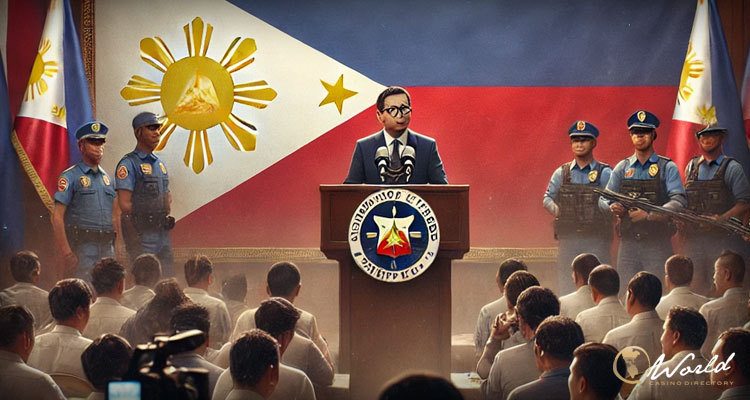The Philippine Bureau of Immigration (BI) has mandated a significant exodus for approximately 20,000 foreign workers linked to Philippine Offshore Gaming Operators (POGOs) and Internet Gaming Licensees (IGLs). This directive follows a government order that these workers depart the country by September 24, reflecting a rigorous stance against the problematic sectors.
Government’s firm stance against illegal operations:
Prompted by President Ferdinand Marcos Jr.’s directive during his third State of the Nation Address, the move aims to eliminate the illegal undertakings often associated with POGOs. These include severe offenses such as financial scams, human trafficking, and violent crimes. BI Commissioner Norman Tansingco conveyed the urgency of the situation, as the official Bureau of Immigration (BI) Philippines press release states.
“Their operations have ventured into illicit areas furthest from gaming, engaging in acts like financial scamming, money laundering, prostitution, human trafficking, kidnapping, brutal torture, and even murder,” as noted by President Marcos during his address and reported by Inquirer.net.
In alignment with this new crackdown, Tansingco has made it clear that the BI will reject any new visa applications from workers within these sectors and has outlined strict measures for those failing to comply. The BI’s robust approach includes the deployment of its intelligence division and Fugitive Search Unit to escalate arrests and enforce deportations. Already, more than 2,300 workers have been deported for involvement in fraudulent operations disguised as gaming entities.
The initiative extends beyond the BI, calling upon local government units to play a crucial role in rooting out hidden illegal gambling activities. This collaborative enforcement effort involves multiple agencies, including the Philippine National Police, the Armed Forces of the Philippines, and the National Bureau of Investigation, all focused on dismantling these criminal networks.
Impact and support for displaced local workers:
While foreign workers face expulsion, the Philippine government is also addressing the fallout for Filipino workers impacted by the shutdown of POGO operations. Labor Secretary Bienvenido Laguesma has detailed the government’s strategy to mitigate the economic blow to these workers: “We have initiated worker profiling to tailor our interventions effectively. This includes organizing job fairs specifically for them, alongside providing upskilling opportunities and livelihood programs to ease their transition,” Laguesma explained, as The Philippine Star (Philstar) reports.
The crackdown is part of a broader initiative to recalibrate the gaming industry within the Philippines, emphasizing the need for operations that adhere strictly to legal and ethical standards. The government’s resolve to eliminate the adverse social impacts of the gaming operations is evident, as it seeks to realign these activities with national interests and public safety.
As the deadline for the ordered exit approaches, the effectiveness of these measures will be under close scrutiny. The Philippine government remains determined to cleanse the gaming industry of its illicit elements, promising a more regulated and safer environment. This initiative is expected to reshape not only the gaming landscape but also the broader socio-economic fabric of the nation, aiming for a more secure and prosperous future for all Filipinos.



